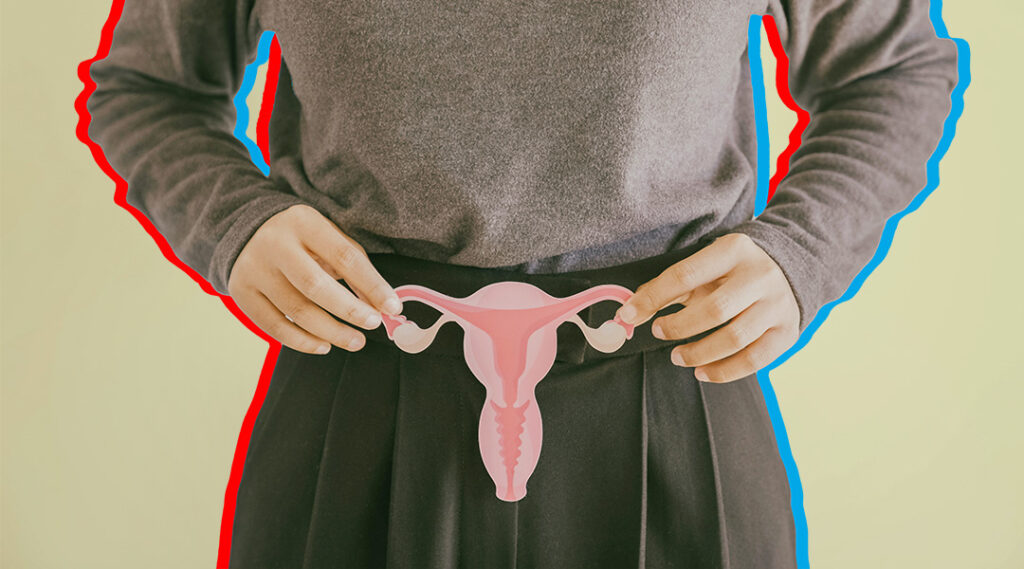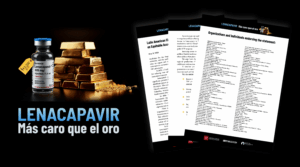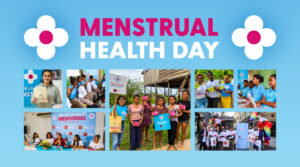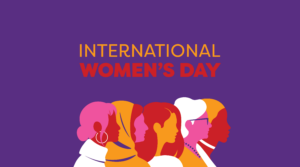The importance of preventing and treating sexually transmitted infections (STIs) is not only that they are annoying, but also that they can have long-term consequences and even be an obstacle to a woman’s fertility.
Some harmful microorganisms that are sexually transmitted can “climb” up the female reproductive system and into the womb, where they will cause an infection that triggers what is called pelvic inflammatory disease.
Warning signs
There are several STIs that can cause an infection in the womb or fallopian tubes, and could even reach the ovaries, causing pelvic inflammatory disease, according to the Smart Sex Resource site, which specializes in sexual health information.
This condition is mostly caused by sexually transmitted bacteria, such as chlamydia and gonorrhea, so it is very important to receive treatment if any of these infections are diagnosed. Bacterial diseases are curable with relatively simple treatment.
The signs that you are going through pelvic inflammatory disease are clear when they come together. In the first few days there is pain in the lower abdomen (which may be worse on one side than the other), vaginal bleeding outside the menstrual period, and vaginal discharge that may have a foul odor.
When the disease has advanced, there is very intense pain in the lower abdomen, fever, stomach discomfort or vomiting, purulent or yellow-green vaginal discharge, and pain during sexual intercourse or urination. If, in addition, these symptoms appear towards the end of the menstrual period or a few days after its end, it is likely that it is pelvic inflammatory disease.
More serious consequences
When an STI has begun to affect the internal organs of the woman’s reproductive system, the repercussions can be quite serious. First, the infection could spread to the liver, or it could also form pus sacs in the fallopian tubes.
Likewise, this disease is capable of causing the formation of scar tissue in the fallopian tubes, which could obstruct them and thus prevent a future pregnancy. Scar tissue can also grow inside the belly, causing the intestines to become trapped in that tissue and become blocked or twisted, creating a bowel obstruction.
When there is a history of pelvic inflammatory disease and the woman becomes pregnant, the embryo is more likely to implant in the fallopian tube rather than the uterus, in what is called an ectopic pregnancy. The fetus cannot fully develop while implanted in the tube, so there will come a time when the pregnancy must be terminated, or the tube “bursts” and causes the death of the child, as well as severe bleeding that endangers the life of the baby woman’s life.
Avoid sickness
As the US Centers for Disease Control website explains, pelvic inflammatory disease can be treated if diagnosed early. What is not possible is to repair any damage that has occurred during the disease.
In addition, when being treated with antibiotics, there is a risk that the treatment will be stopped before the infection has been cured, since the symptoms can disappear in a few days. It is always important to finish a course of antibiotics to ensure that the treatment is successful.
For all this, it is best to prevent the disease with some measures:
– Use a condom in all sexual relations
– Seek treatment for any STIs that occur
– Do not use vaginal showers (since they alter the bacterial flora of the vagina and give way to infections)
To take care of sexual health, the first and most important recommendation will always be to use the condom properly. If you want to receive free condoms or if you want to take an HIV test at no cost, come to AHF Latin America and the Caribbean and find out about our services.







